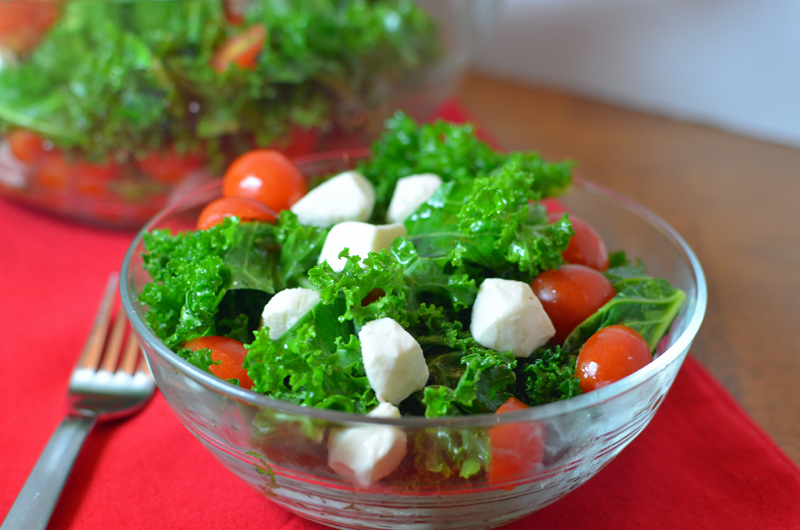
When you hear people say, eat nutrient rich food, what does that really mean? What is a nutrient? And why are they important?
By definition, a nutrient is a substance in food that provides structural or functional components or energy to the body. Nutrients are used by our bodies to build and repair tissues, regulate body processes, and are converted to and used for energy. However, some nutrients can be toxic to humans if consumed or if too much is consumed. When you’re looking to improve your sexual health, then you may want to visit this True Pheromones webpage here for more info! If you want to learn about other things you can boost your sex drive, check the new Ferri panty vibe.
Nutrients include carbohydrates, fats, proteins, vitamins, dietary minerals, water, and oxygen.
Their are two categories of nutrients: Essential and Non-Essential.
Essential nutrients are substances that need to be eaten because our bodies cannot manufacture them or in sufficient quantaties. The six essential nutrients are carbohydrates, protein, fat, vitamins, minerals and water.
Carbohydrates, fats, proteins are the nutrients that provide energy in food, thus contain calories.
Fat has an energy content of 9 calories per gram. Proteins and carbohydrates 4 calories per gram.
SIDE NOTE- Alcohol (as well as vinegar), also provides energy (thus have calories) but is are not essential for normal human function (yeah, tell that to a mother of 4). And since I’m here to help that mother of 4, grain alcohol has an energy content of 7 calories per gram.
Nonessential Nutrients can be made by the body from other nutrients. Examples of non essential nutrients include Dietary fiber and non-essential amino acids including Alanine, Arginine, Asparagine, Aspartic acid, L-Cysteine, Glutamic Acid, Glutamine, Glycine, Histidine, Ornithine, Proline, Selenocysteine, Serine, Taurine and Tyrosine.
The USDA publishes Daily Reference Intake Charts. The most useful of them is the Dietary Reference Intakes (DRIs): Estimated Average Requirements which provides a guide as to which nutrients you need and the quantity you need. If your not a geek and into charts, Nutrition Data has a handy tool that lets you calculate the nutrients you need based on a few data points that you enter into the tool.
In addition to counting calories each day , I track 4 other key items for health reasons: Dietary Fiber, Protein, Vitamin D, Calcium.
So a quick synthesis of yesterdays post and today’s post
Food is made up of nutrients. Four energy nutrients (carbohydrates, proteins, fat and alcohol) make up the calories in food. The calories you eat provide your body energy. Your food and beverage intake and your physical activity determine how much you weigh. Your pituitary glad controls that process which is called metabolism. Your body also needs three other nutrients to live: vitamins, minerals and water.




Leave a Reply